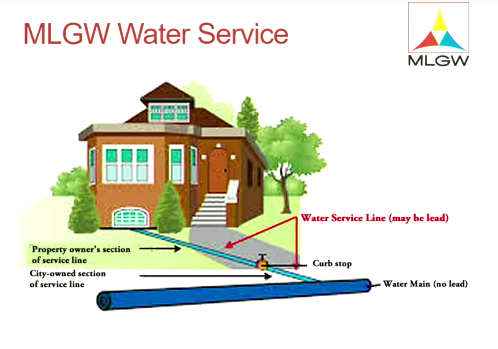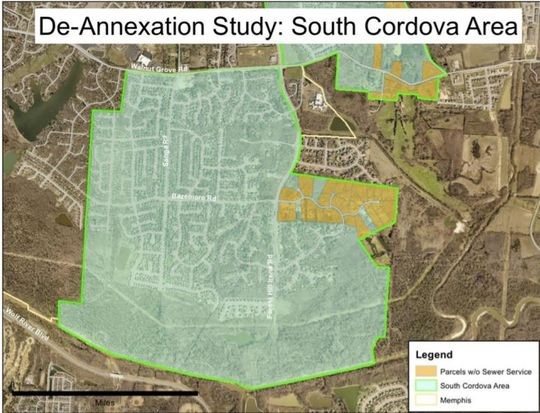 MLGW
MLGW
Officials with Memphis Light, Gas, and Water (MLGW) said the fact that there have been no rate increases this year has slowed down the utility’s replacement of lead pipes.
Giving a Memphis City Council committee an update on MLGW’s lead line replacement progress, Rhonda Morgan, MLGW’s manager of water, construction, and maintenance, said the utility had to cut the budget for this service after no rate increases were approved for MLGW by the council earlier this year.
The line item that includes funding for replacing lead lines was cut by 80 percent, dropping from $7.4 million to $1.5 million, Morgan said.
Since 2012, MLGW has replaced 3,417 lead service lines, Morgan said. So far this year, the utility has replaced 224 lines.
The goal was to have all the lead lines replaced by 2022, but Morgan said she doesn’t think that is “feasible” with MLGW’s current staffing. The utility can replace between 1,200 to 1,500 lines a year with its current personnel, Morgan said.
Morgan said the utility is responsible for only the street service line which runs from the curb stop to the main water line. MLGW replaces these pipes if they are lead.

Beyond the curb, it becomes the responsibility of the homeowner to have the lines inspected by a plumber and replaced if necessary.
Councilwoman Cheyenne Johnson questioned if the utility provides assistance to those who can’t afford to have their end of the line replaced.
MLGW president and CEO, J.T. Young said the utility is trying to find ways to help customers in those situations and similar ones. However, he said to date, the utility hasn’t been able to secure any grants or other funding sources for those efforts, but that MLGW is “continuing to pursue” those options.
There is a map on MLGW’s website that will tell you if MLGW has found lead in your water pipes. Morgan said homeowners are notified of the replacement before and after the service is completed.
 Maya Smith
Maya Smith 